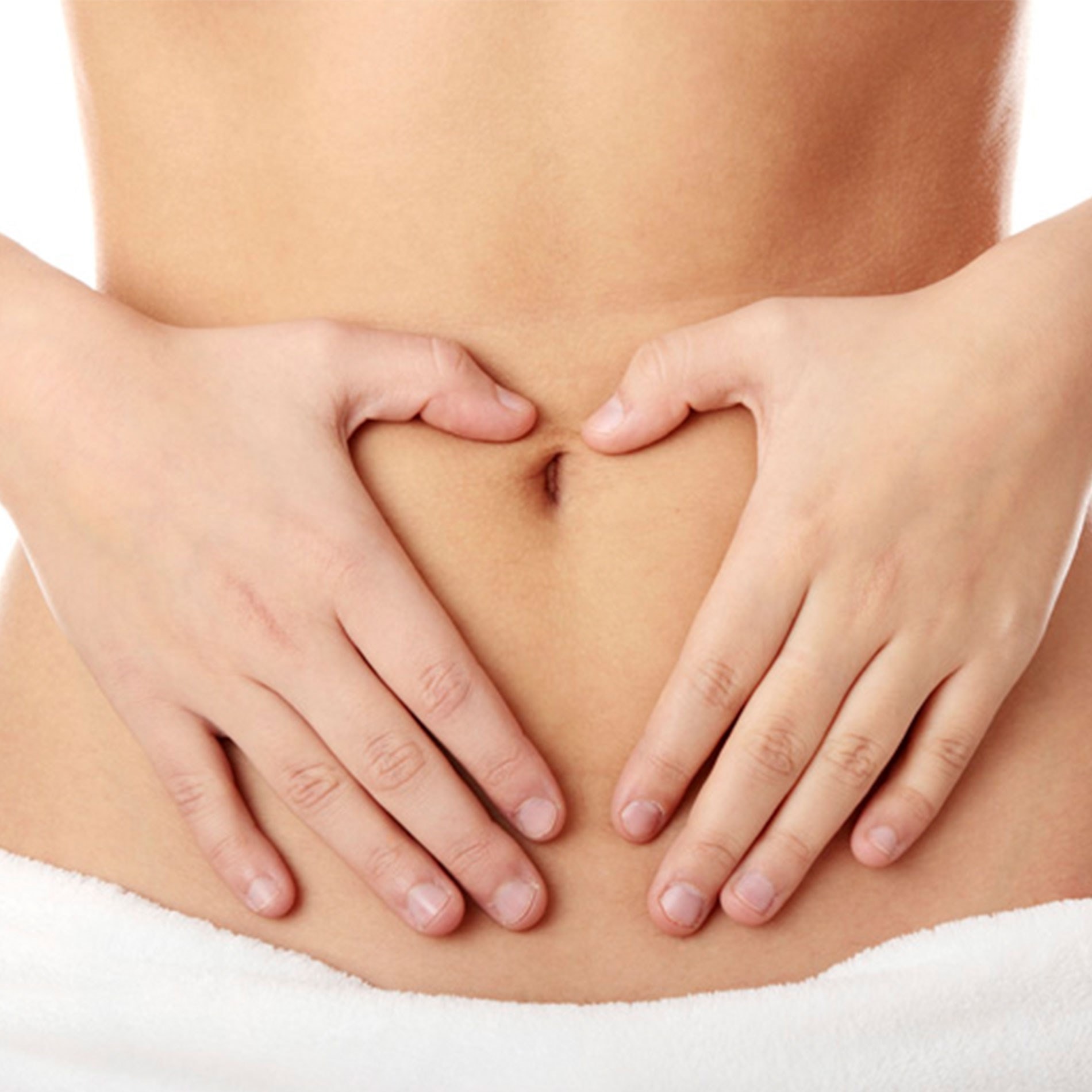- About Us
-
Help
Free 1:1 supplement advice
Not sure which supplement is right for you? Book a free, 15 minute telephone call with one of our nutritional experts.
Book your free consultationGet in touch (Mon to Fri, 9am - 5pm)
Customer Service: +44 (0) 1264 339 770
Order Enquiries: +44 (0) 1264 363 193
Contact us - Stockists
You are on the UK site
Hello US customer, you are currently shopping on the UK site. To ensure you are charged in the correct currency and receive accurate shipping costs, please switch to the US website and re-add your product to your basket.
You're away from FREE UK delivery Free UK delivery (applied at checkout) on orders over £40.00
You have qualified for Free UK delivery
Health News
Review Questions FODMAP Diets for IBS
In recent times you may have heard of the FODMAP diet, where foods that contain short-chain carbohydrates, such as onions, wheat, legumes, and some dairy, are eliminated from the diet. Many believe that these short-chain carbohydrates are the cause of bloating and abdominal pain in IBS sufferers, but a recent review of research reveals that there really is little evidence to suggest it is a solution for everyone.
"Limited evidence"
The review, published in the journal Drug and Therapeutics Bulletin, writes that, "there is very limited evidence" to support a diet low in FODMAPs. The review also questions the quality of the trials, "Evidence for the efficacy of the low FODMAP diet to improve symptoms of irritable bowel syndrome is based on a few relatively small, short-term unblinded or single-blinded controlled trials." The review also noted that none of the trials exceeded a six week period, and likewise, the ideal duration of diet adherence is unknown.
The review authors also note concern that there is a possibility that some of those following the FODMAP diet may not be getting a complete nutrient profile from their foods. For example, it may be difficult to obtain enough fibre or certain nutrients whilst on the diet, as well as restricting the amount of prebiotics in the diet, which have been found to help alleviate IBS symptoms in some. Prebiotics are responsible for selectively feeding beneficial bacteria in the gut which may help alleviate symptoms of IBS in many. However, many prebiotics are also short-chain carbohydrates and, consequently, are not suitable for those on the FODMAP diet.

However, the concerns of the review authors are not grounded in any clinical evidence and by their own admission they also state in their report that there is no published data that has assessed the nutritional adequacy of patients whilst on the FODMAP diet. Nor is there any reports of adverse events during FODMAP studies.
Can FODMAP diet 'reset' the gut?
The little research there is, however small, does report a statistically significant portion of participants that find relief from their IBS symptoms whilst on the diet. This is hugely significant for many long-term sufferers of IBS who find even a little relief worth the effort of the FODMAP diet.
Cynthia Harriman, director of Food and Nutrition Strategies at Oldways Whole Grains Council, commented on the review by stating that the aim of the FODMAP diet is to only restrict short-chain carbohydrates in the short-term to allow the gut to 'reset' itself. Once this stage passes, foods are then slowly reintroduced to patients so that they can eat a normal, healthy diet.
"[The FODMAP diet] serves to starve out the bacteria species that have been hanging around in your gut, shaking things up a bit and making a change possible - if you eat the right foods to recolonise yourself with 'better' bacteria."
It may be interesting for some to hear that the whole aim of the FODMAP diet is directly linked to the composition of the bacteria in our gut. The FODMAP diet is based on the premise that certain pathogenic bacteria directly impact IBS symptoms and by starving them of a food source the sufferer may then be able to reconstruct their own gut bacteria with beneficial species and strains.
You can read more about probiotic research for IBS in our blog. One particular blog post, during IBS Awareness Month, looked at a number of clinical trials of note and the growing body of evidence for probiotics for IBS.
"Let's not blame the canary"
Cynthia Harriman went on to say that the suggestion of blaming FODMAP diets, or writing them off as a possible solution for some, is not helpful.
"Gluten, FODMAPs, and whatever will be the NEXT candidate (and there will be one!) are really canaries in the coal mine. Let's not blame the canary: Let's clean up the mine! What has our overall Western Diet done to our digestive tracts that we have trouble digesting wonderfully healthy foods that people have eaten as far back as we can remember?"
Are you on a low FODMAP diet? We'd love to hear what you think about this research? Has it helped you? Please comment below.
If you're on the FODMAP diet and you'd like to know if the Optibac Probiotics is suitable for you, please read our dedicated FAQ page.
References
Does a low FODMAP diet help IBS? Drugs and Therapeutics Bulletin. Published online ahead of print.
Popular Articles
View all blogs-
Suitability08 Mar 2024

.png?lang=en-GB)


